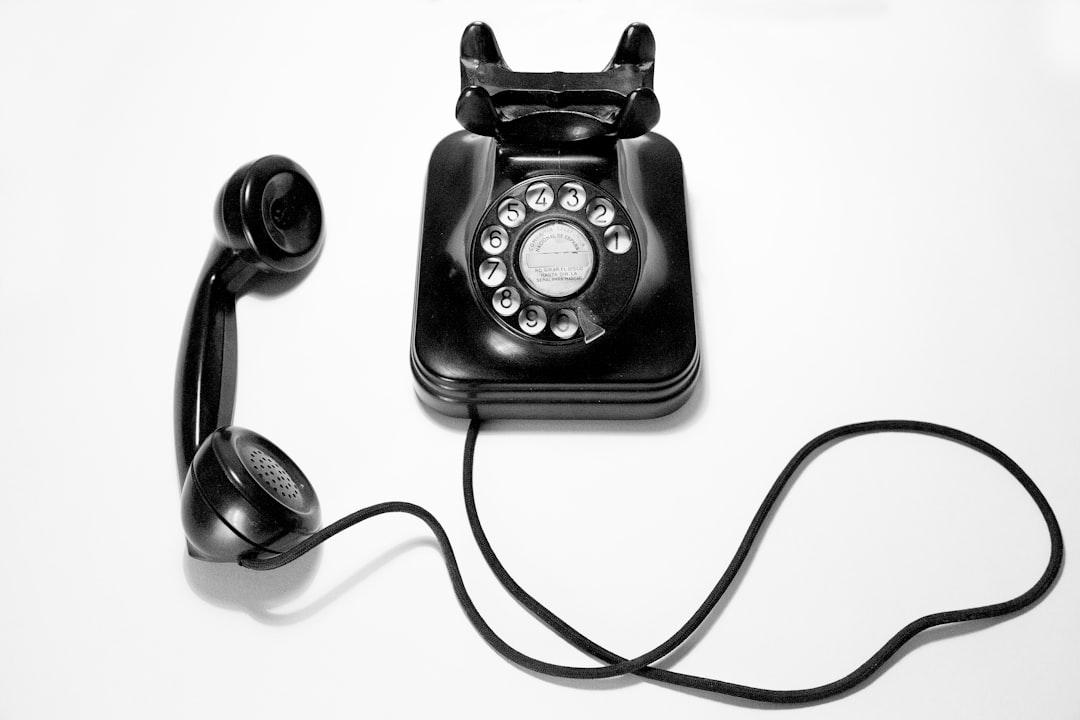Automated text messages in Illinois are heavily regulated by laws like the Telephone Consumer Protection Act (TCPA) and the state's Consumer Fraud and Deceptive Business Practices Act, with special focus on consumer consent. Chicago businesses using automated texts for marketing must engage a lawyer for autodialer Chicago to ensure compliance, avoid legal repercussions, and protect consumer rights. Violations can result in damages, including actual losses, attorney fees, and treble damages, emphasizing the importance of strict adherence to state laws.
In the digital age, automated text messages (ATMs) have become ubiquitous. However, their legal implications remain complex, particularly under Illinois Law. This article delves into the intricacies of ATMs, focusing on Illinois’ regulatory framework and its impact on businesses and consumers alike. We explore legal considerations for Chicago-based companies employing autodialers, as well as the rights and potential claims of consumers. For those seeking guidance, understanding these dynamics is crucial, making a lawyer for autodialer in Chicago an essential asset to navigate this evolving landscape.
Understanding Automated Text Messages and Illinois Law

Automated text messages, often sent through a practice known as auto-dialing, have become a ubiquitous form of communication in modern business and marketing strategies. However, their use comes with legal implications, especially under Illinois law. These automated messages, typically generated by software or third-party services, raise concerns about consumer privacy, consent, and the potential for harassment.
In Chicago, where a significant number of businesses operate, understanding the regulations surrounding autodialed text messages is crucial. Illinois has specific laws in place to protect consumers from unwanted and invasive messaging, including the requirement for explicit consent before sending automated texts for marketing purposes. A lawyer specializing in autodialer laws in Chicago can provide guidance on navigating these complex regulations, ensuring compliance, and mitigating potential legal risks associated with automated text messaging campaigns.
Legal Considerations for Businesses Using Autodialers in Chicago

When businesses in Chicago opt to utilize automated text message systems, or autodialers, they must navigate a complex legal landscape. The primary concern revolves around compliance with the Telephone Consumer Protection Act (TCPA) and similar state laws, such as Illinois’ own regulations. These laws were designed to protect consumers from unwanted and excessive texting, ensuring they have control over their communication preferences.
Engaging a lawyer for autodialer Chicago services is increasingly important as legal scrutiny intensifies. Experts can guide businesses on permissible uses of autodialers, including obtaining prior consent from recipients, providing clear opt-out mechanisms, and adhering to time restrictions when sending messages. Compliance not only avoids legal repercussions but also fosters trust with customers by demonstrating respect for their privacy and communication choices.
Rights of Consumers and Potential Claims Against Auto-Dialer Users

In Illinois, consumers have a multitude of rights when it comes to automated text messages, often sent through auto-dialers. The Illinois Consumer Fraud and Deceptive Business Practices Act provides strong protections for individuals who receive unsolicited text messages promoting goods or services. If an auto-dialer violates these rules, consumers may have the right to seek damages, including actual losses, attorney fees, and treble damages in certain cases. This makes it crucial for businesses using automated messaging to adhere strictly to state laws and regulations.
A consumer who feels their rights have been infringed upon can take legal action against the auto-dialer user or service provider. Engaging a lawyer for autodialer Chicago can provide valuable expertise in navigating these complex legal issues. Legal professionals experienced in this area can help determine if there’s a valid claim, guide clients through the process of filing a lawsuit, and fight to secure the compensation they deserve under Illinois law.






